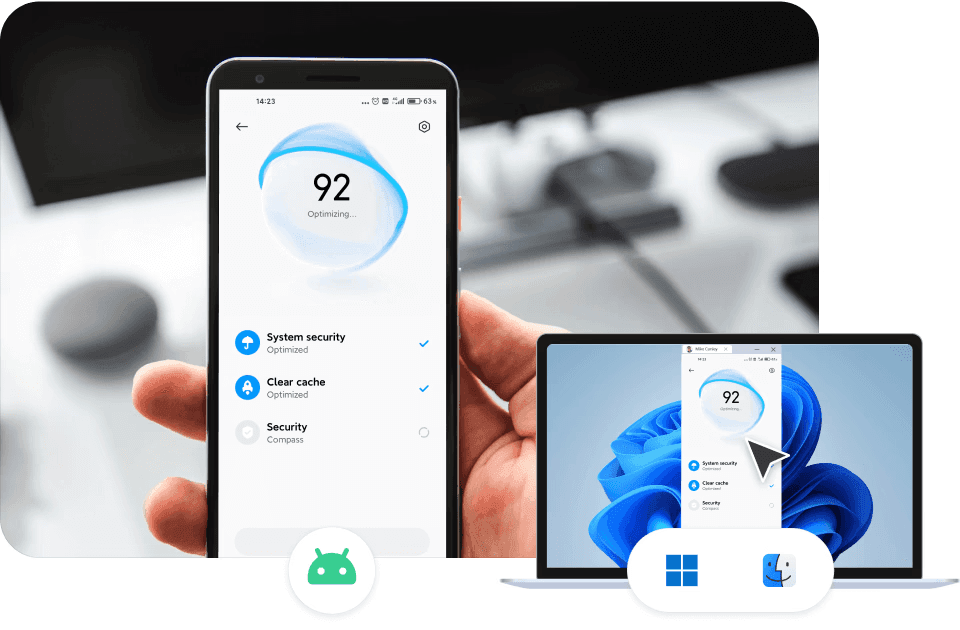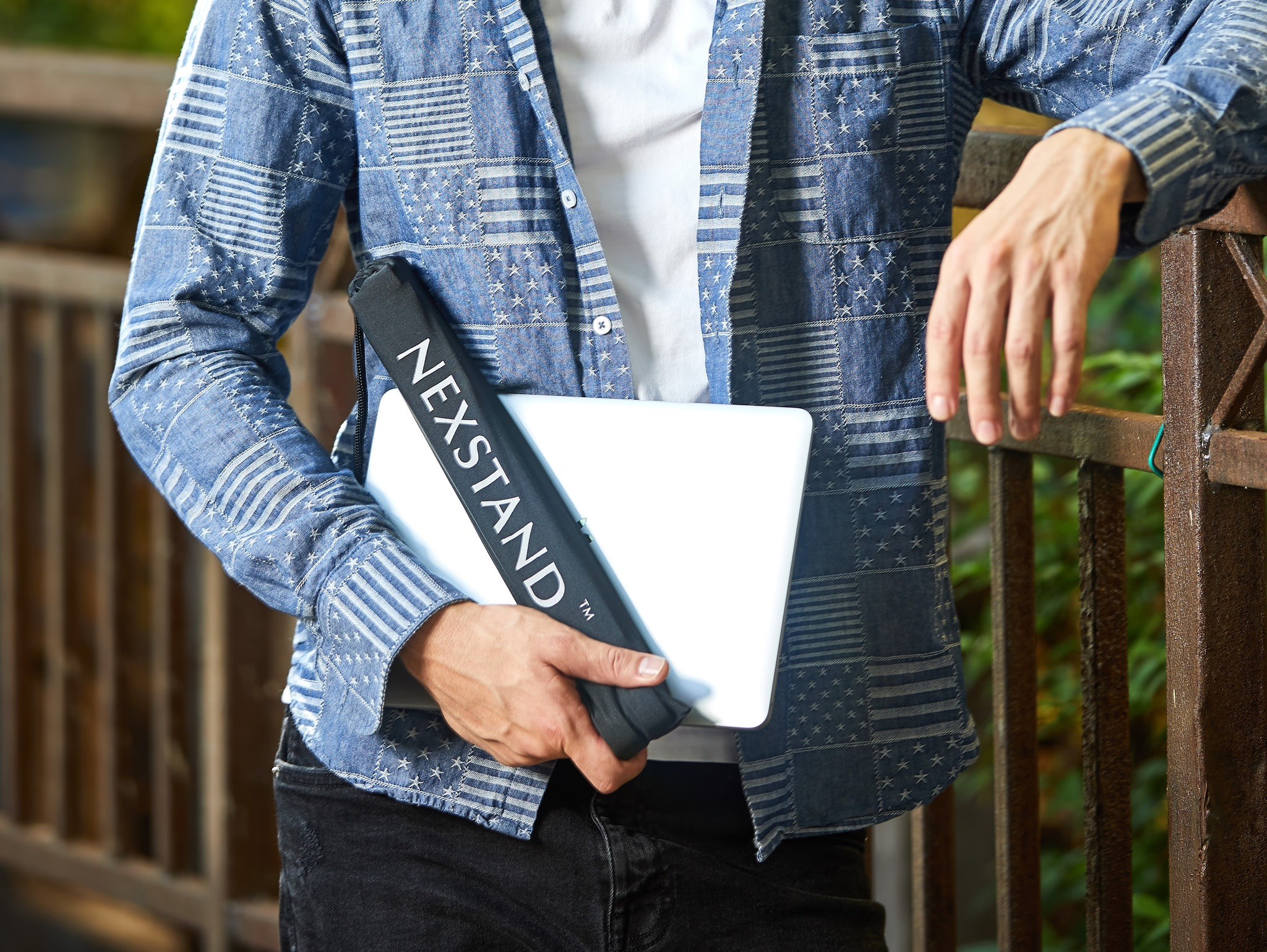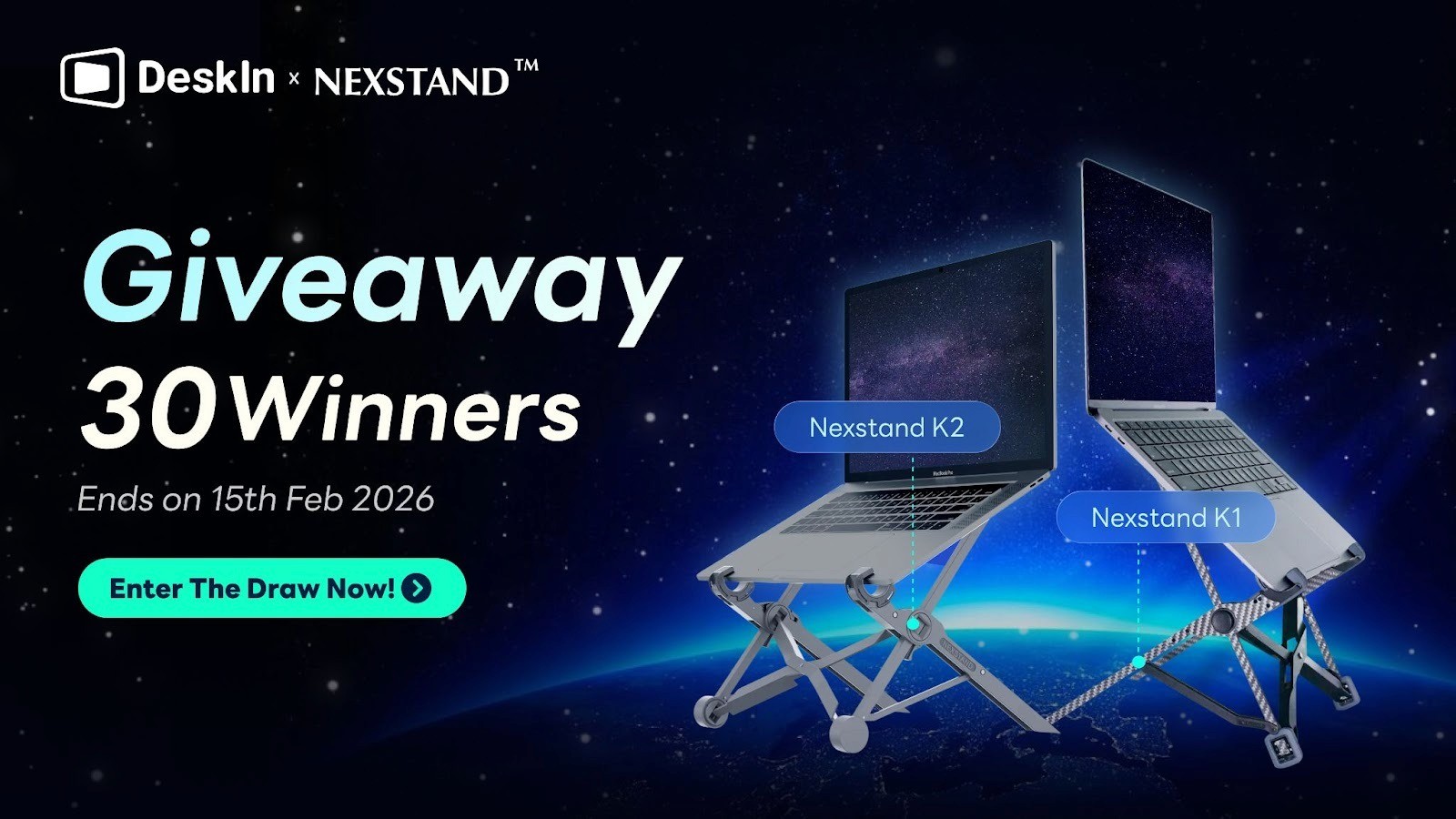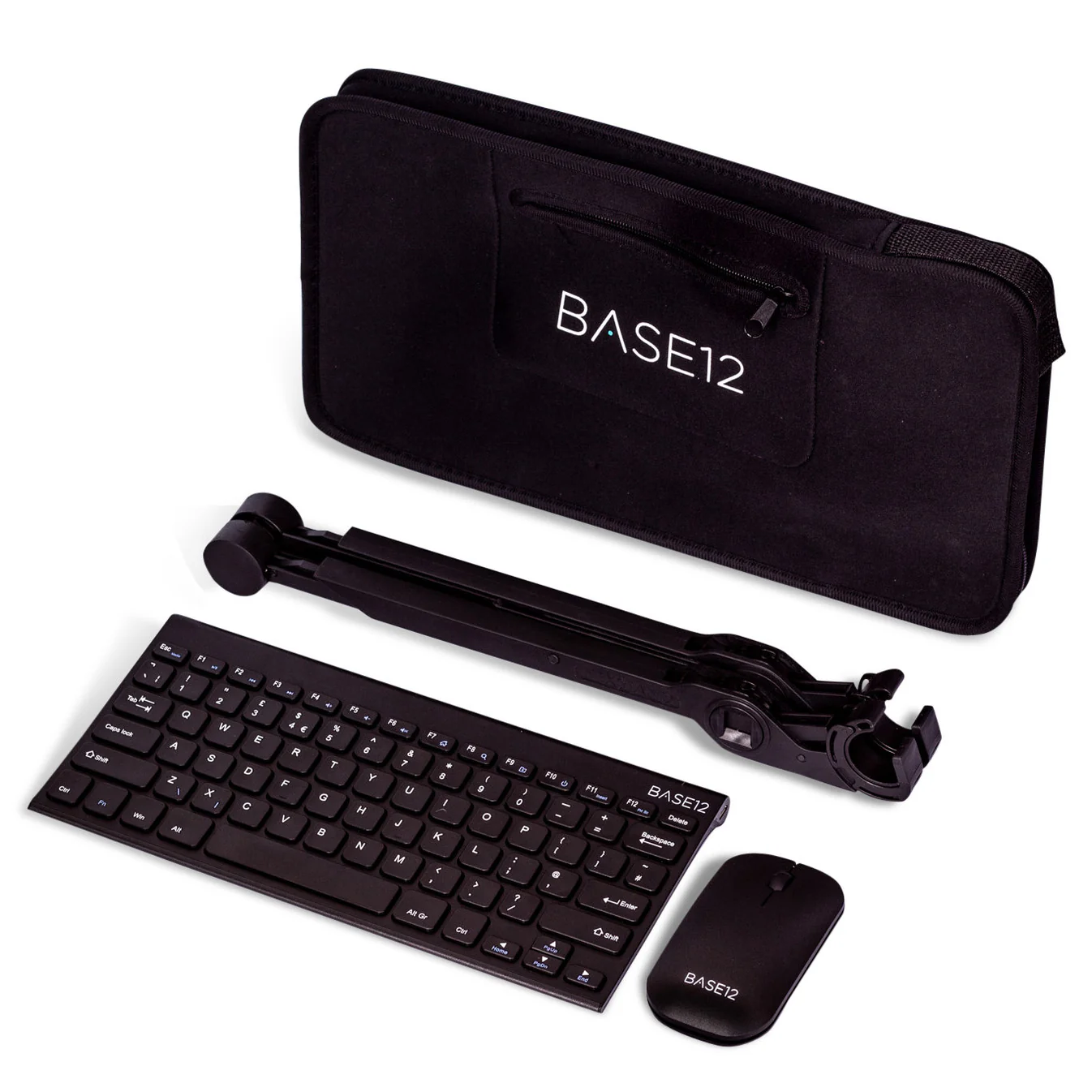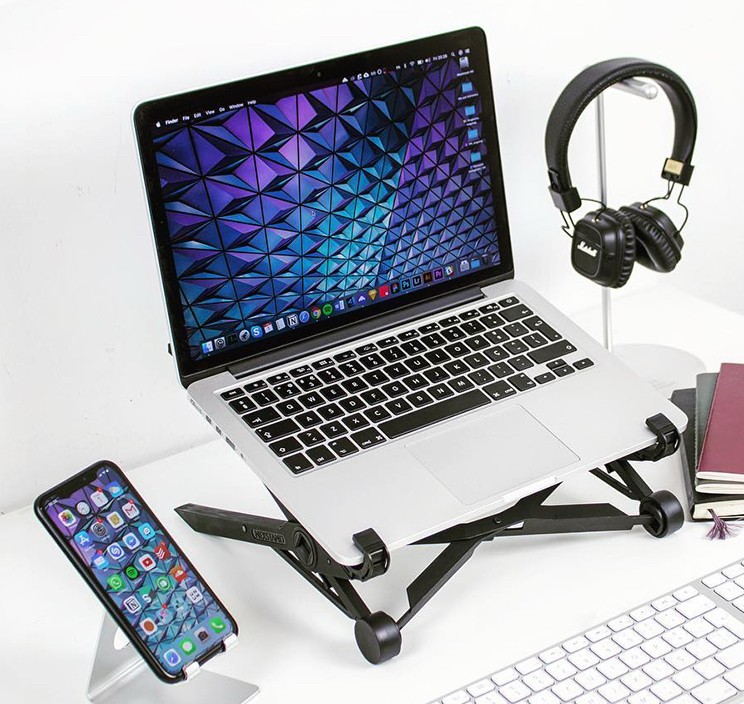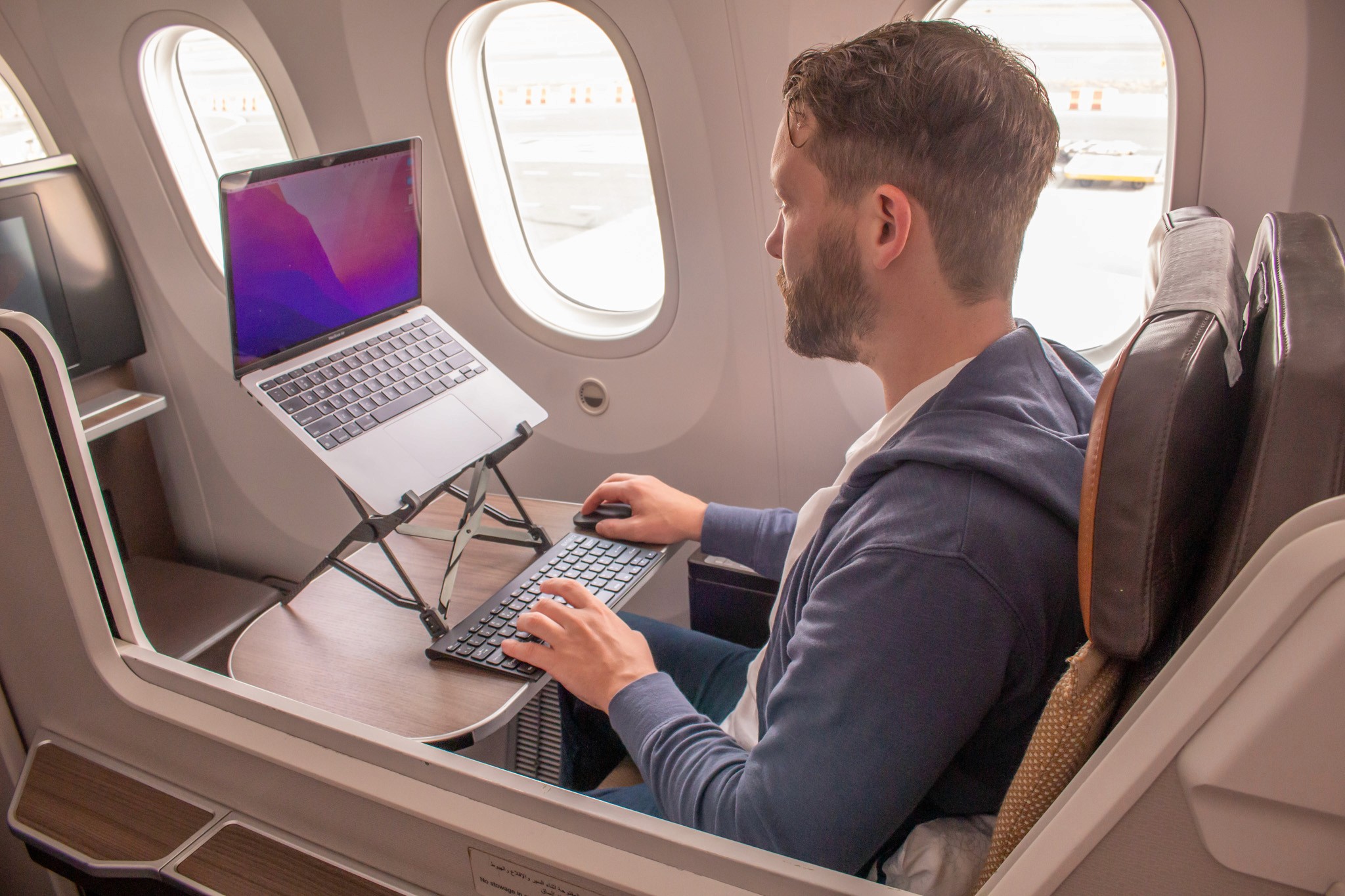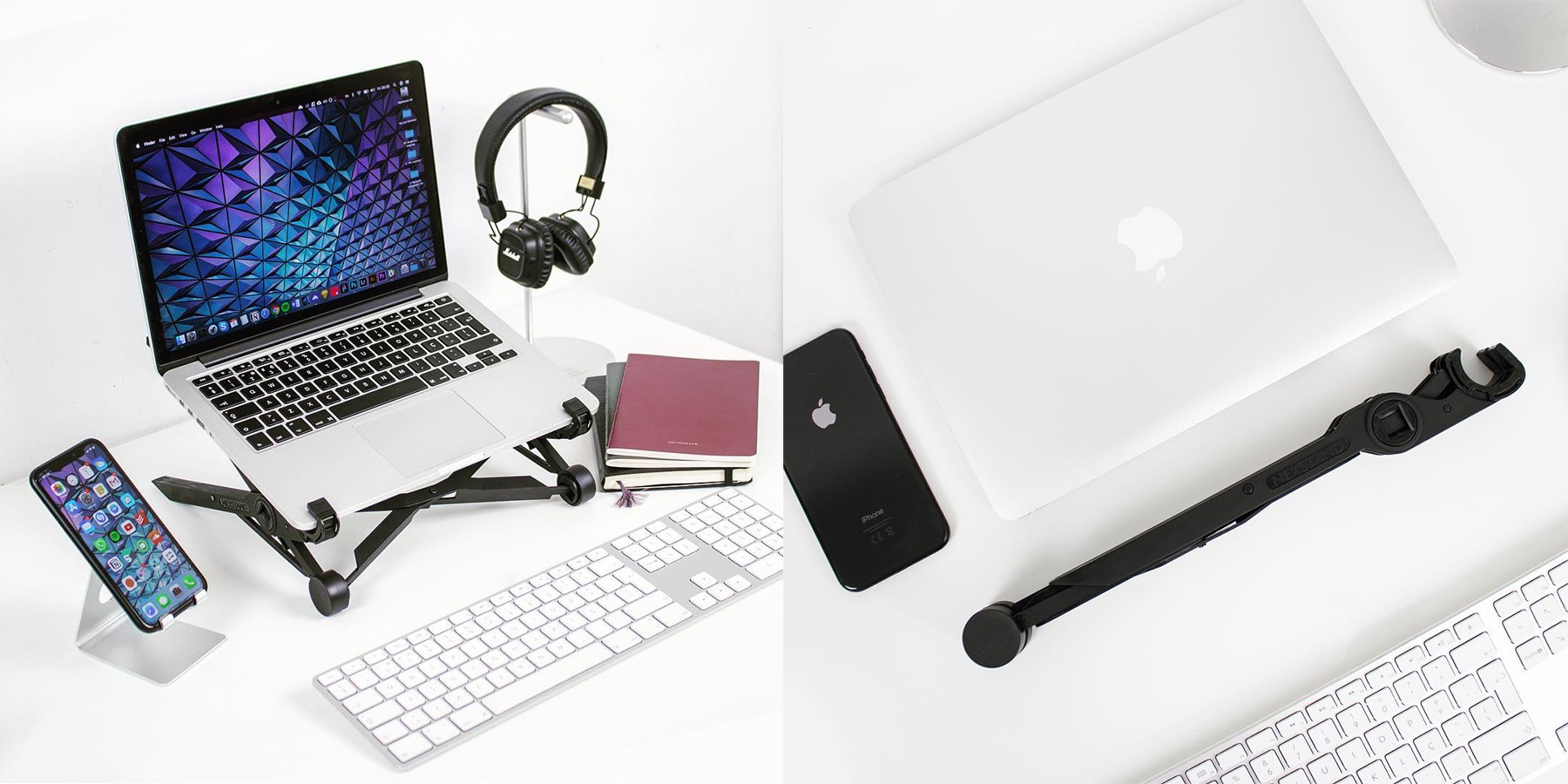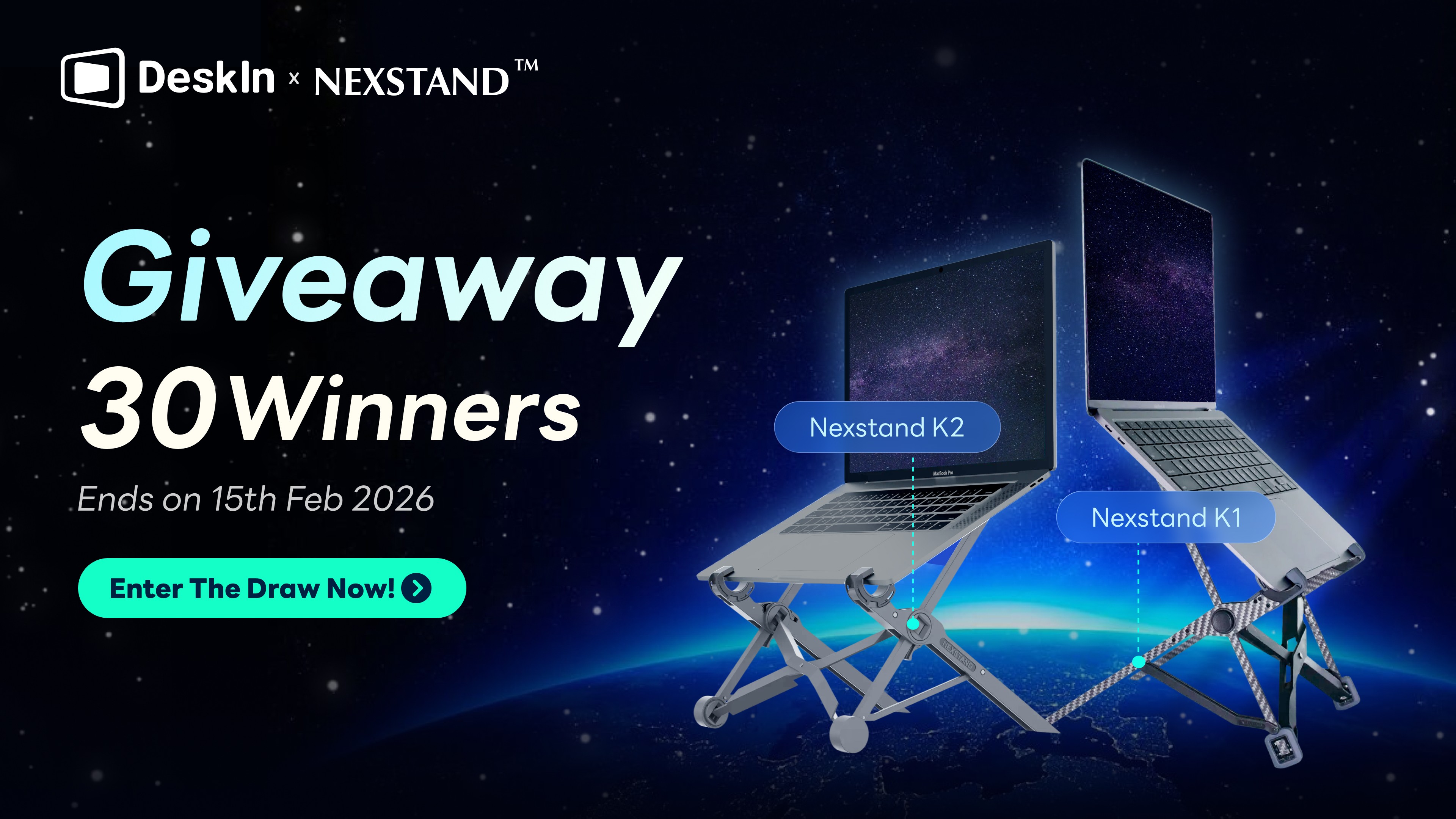如果您曾經需要從遠端存取 Windows 電腦,您絕對不是唯一一個人 ─── 也許是您的媽媽又打不開電子郵件,或者您把重要檔案忘在辦公室電腦上。不管您是用 Mac、Android 手機,還是另一台電腦,要穩定地遠端連入 Windows 系統,其實比想像中還要複雜。
在內建功能、第三方工具與系統相容性的選擇之間,很難快速判斷哪個方法既安全又簡單。這篇教學將一步步拆解目前最實用的幾種方法,讓您輕鬆遠端存取 Windows 電腦,不再手忙腳亂。
您可能也會需要:
👉 如何讓 Android 連線至 PC:簡易方法與常見問題排解
方法一:透過 DeskIn 跨平台遠端連線至 Windows 電腦
如果您正在尋找一種快速、安全且免設定的方式,從幾乎任何裝置(不論是 Mac、Android 手機還是 iPhone)遠端存取 Windows 電腦,DeskIn 絕對是目前最推薦的工具之一。
與傳統遠端工具相比,DeskIn 不需要複雜的手動設定或網路調整,只需安裝與登入帳號,即可立即進行遠端連線。無論是協助家人排除問題、遠端存取公司資料,還是管理多台設備,DeskIn 都能提供流暢、穩定的操作體驗。
👉 點此下載 DeskIn
👍 為什麼選擇 DeskIn?
跨平台支援:可輕鬆從 Mac、Android 或 iPhone 遠端控制您的 Windows 電腦
無需 VPN 或手動設定:安裝後幾分鐘內即可上手,完全不需技術背景
高畫質低延遲體驗:即使在網路不穩的情況下,也能享受清晰畫面與即時操作回應
進階功能:支援 4:4:4 色彩還原(適合創作者)與遊戲手把直通(適合玩家)
適合個人與專業用途:不論是遠端辦公、雲端遊戲或遠距協助家人,DeskIn 都能勝任
步驟 1:在兩台裝置上安裝 DeskIn
請在您的 Windows 電腦(要被控制的裝置)與遠端控制裝置(如 Mac、Android 或 iPhone)上下載並安裝 DeskIn。您可以從官方網站取得對應版本。
👉 點此下載 DeskIn
步驟 2:建立帳號並登入
在兩台裝置上開啟 DeskIn 並登入相同帳號。為了安全性,第一次登入時 DeskIn 會透過電子郵件進行裝置驗證與授權。

第 3 步:開始遠端連線
當兩個裝置都已連結到您的帳戶後,請使用裝置 ID 和密碼進行連線。然後,從您的裝置清單中選取 Windows 電腦。點選以啟動遠端控制會話,您將立即建立連線。

方法二:透過 Windows 應用程式遠端存取 Windows(電腦對電腦)
如果您主要使用 Windows 裝置,Microsoft 內建的「遠端桌面通訊協定(RDP)」提供了一種安全且可靠的方式,讓您幾乎可以在任何地方存取您的 Windows 電腦。這對於遠端處理文件、執行應用程式或管理系統設定特別有用,而且不需要額外安裝軟體。RDP 支援從其他 Windows 電腦,以及透過 Microsoft Windows App 的 Mac、Android 和 iOS 裝置進行遠端連線。
不過,這需要在目標電腦上進行一次性的設定,且僅當該電腦開機且連接網路時,才能進行遠端存取。以下是設定與使用的步驟:
步驟 1. 前往「開始 > 設定 > 系統 > 遠端桌面」,然後開啟「啟用遠端桌面」的選項。請記下您的電腦名稱,因為在其他裝置連線時會需要用到。
步驟 2. 如果您想允許其他帳戶遠端存取此電腦,或想限制存取權限,請點選「選取可以遠端存取此電腦的使用者」。
步驟 3. 在另一台 Windows 電腦上,開啟「遠端桌面連線」工具並輸入該電腦的名稱。若是在 Mac、iOS 或 Android 上,請下載「Microsoft App」。
步驟 4. 啟動該應用程式,輸入電腦名稱後點選「連線」。依照提示輸入您的 Windows 帳戶憑證,即可建立連線。

方法三:透過 Chrome Remote Desktop 遠端存取 Windows(快速設定)
如果您正在尋找一種快速且簡單的方式來遠端存取 Windows 電腦或 MacBook/iMac,Chrome Remote Desktop 是非常理想的選擇。這是一個免費、以瀏覽器為基礎的解決方案,能跨平台運作,包括 Windows、Mac、iOS 和 Android。Chrome Remote Desktop 的一大優點是操作簡便,不需要複雜的設定或組態,因此深受需要快速、無障礙連線的使用者喜愛。
Chrome Remote Desktop 非常適合一般使用者或需要簡單遠端控制功能的人。雖然它不如某些進階工具功能豐富,但它易於上手,能滿足大多數基本遠端控制的需求。以下是操作步驟:
步驟 1. 在您的 Windows 電腦及想要進行遠端操作的裝置(Mac、Android 或 iPhone)上安裝 Google Chrome。
步驟 2. 依照指示,在 Windows 電腦上啟用遠端存取,並建立一組 PIN 碼來保護連線安全。
步驟 3. 在遠端裝置上(無論是透過瀏覽器還是應用程式),開啟 Chrome Remote Desktop。
步驟 4. 從裝置清單中選取目標電腦,然後輸入您先前建立的 PIN 碼,即可建立連線。

選擇適合的 Windows 遠端存取軟體
為了幫助您挑選最適合的 Windows 遠端存取軟體,我們針對三種主流選項,從主要功能、平台支援度及理想使用情境進行了比較:
方法 | 最適合使用情境 | 支援平台 | 主要功能 |
DeskIn | 個人與商業用途 | Windows、Mac、iOS、Android | 高效能遠端控制、檔案傳輸、遊戲與創作工具支援 |
Windows App | 商業與 IT 使用者 | Windows、Mac、iOS、Android | 原生 Windows 工具、安全穩定的連線 |
Chrome Remote Desktop | 一般用戶與快速連線 | Windows、Mac、iOS、Android | 免安裝、免費、瀏覽器操作、操作簡單 |
每款軟體都有其優勢,適用於不同的需求情境。無論您需要專業功能、快速連線,還是跨平台的靈活性,建議根據您的使用目標和裝置選擇最合適的解決方案。
最後建議
選擇最合適的 Windows 遠端存取方法,主要取決於您使用的平台、技術需求,以及您打算如何運用這項功能。若您追求最具彈性、功能強大且跨平台的解決方案,DeskIn 無疑是最佳首選。無論是用於個人事務、商業操作,甚至是遊戲需求,DeskIn 都提供完整且易於使用的功能,讓您輕鬆遠端控制 Windows 電腦!
如果您曾經需要從遠端存取 Windows 電腦,您絕對不是唯一一個人 ─── 也許是您的媽媽又打不開電子郵件,或者您把重要檔案忘在辦公室電腦上。不管您是用 Mac、Android 手機,還是另一台電腦,要穩定地遠端連入 Windows 系統,其實比想像中還要複雜。
在內建功能、第三方工具與系統相容性的選擇之間,很難快速判斷哪個方法既安全又簡單。這篇教學將一步步拆解目前最實用的幾種方法,讓您輕鬆遠端存取 Windows 電腦,不再手忙腳亂。
您可能也會需要:
👉 如何讓 Android 連線至 PC:簡易方法與常見問題排解
方法一:透過 DeskIn 跨平台遠端連線至 Windows 電腦
如果您正在尋找一種快速、安全且免設定的方式,從幾乎任何裝置(不論是 Mac、Android 手機還是 iPhone)遠端存取 Windows 電腦,DeskIn 絕對是目前最推薦的工具之一。
與傳統遠端工具相比,DeskIn 不需要複雜的手動設定或網路調整,只需安裝與登入帳號,即可立即進行遠端連線。無論是協助家人排除問題、遠端存取公司資料,還是管理多台設備,DeskIn 都能提供流暢、穩定的操作體驗。
👉 點此下載 DeskIn
👍 為什麼選擇 DeskIn?
跨平台支援:可輕鬆從 Mac、Android 或 iPhone 遠端控制您的 Windows 電腦
無需 VPN 或手動設定:安裝後幾分鐘內即可上手,完全不需技術背景
高畫質低延遲體驗:即使在網路不穩的情況下,也能享受清晰畫面與即時操作回應
進階功能:支援 4:4:4 色彩還原(適合創作者)與遊戲手把直通(適合玩家)
適合個人與專業用途:不論是遠端辦公、雲端遊戲或遠距協助家人,DeskIn 都能勝任
步驟 1:在兩台裝置上安裝 DeskIn
請在您的 Windows 電腦(要被控制的裝置)與遠端控制裝置(如 Mac、Android 或 iPhone)上下載並安裝 DeskIn。您可以從官方網站取得對應版本。
👉 點此下載 DeskIn
步驟 2:建立帳號並登入
在兩台裝置上開啟 DeskIn 並登入相同帳號。為了安全性,第一次登入時 DeskIn 會透過電子郵件進行裝置驗證與授權。

第 3 步:開始遠端連線
當兩個裝置都已連結到您的帳戶後,請使用裝置 ID 和密碼進行連線。然後,從您的裝置清單中選取 Windows 電腦。點選以啟動遠端控制會話,您將立即建立連線。

方法二:透過 Windows 應用程式遠端存取 Windows(電腦對電腦)
如果您主要使用 Windows 裝置,Microsoft 內建的「遠端桌面通訊協定(RDP)」提供了一種安全且可靠的方式,讓您幾乎可以在任何地方存取您的 Windows 電腦。這對於遠端處理文件、執行應用程式或管理系統設定特別有用,而且不需要額外安裝軟體。RDP 支援從其他 Windows 電腦,以及透過 Microsoft Windows App 的 Mac、Android 和 iOS 裝置進行遠端連線。
不過,這需要在目標電腦上進行一次性的設定,且僅當該電腦開機且連接網路時,才能進行遠端存取。以下是設定與使用的步驟:
步驟 1. 前往「開始 > 設定 > 系統 > 遠端桌面」,然後開啟「啟用遠端桌面」的選項。請記下您的電腦名稱,因為在其他裝置連線時會需要用到。
步驟 2. 如果您想允許其他帳戶遠端存取此電腦,或想限制存取權限,請點選「選取可以遠端存取此電腦的使用者」。
步驟 3. 在另一台 Windows 電腦上,開啟「遠端桌面連線」工具並輸入該電腦的名稱。若是在 Mac、iOS 或 Android 上,請下載「Microsoft App」。
步驟 4. 啟動該應用程式,輸入電腦名稱後點選「連線」。依照提示輸入您的 Windows 帳戶憑證,即可建立連線。

方法三:透過 Chrome Remote Desktop 遠端存取 Windows(快速設定)
如果您正在尋找一種快速且簡單的方式來遠端存取 Windows 電腦或 MacBook/iMac,Chrome Remote Desktop 是非常理想的選擇。這是一個免費、以瀏覽器為基礎的解決方案,能跨平台運作,包括 Windows、Mac、iOS 和 Android。Chrome Remote Desktop 的一大優點是操作簡便,不需要複雜的設定或組態,因此深受需要快速、無障礙連線的使用者喜愛。
Chrome Remote Desktop 非常適合一般使用者或需要簡單遠端控制功能的人。雖然它不如某些進階工具功能豐富,但它易於上手,能滿足大多數基本遠端控制的需求。以下是操作步驟:
步驟 1. 在您的 Windows 電腦及想要進行遠端操作的裝置(Mac、Android 或 iPhone)上安裝 Google Chrome。
步驟 2. 依照指示,在 Windows 電腦上啟用遠端存取,並建立一組 PIN 碼來保護連線安全。
步驟 3. 在遠端裝置上(無論是透過瀏覽器還是應用程式),開啟 Chrome Remote Desktop。
步驟 4. 從裝置清單中選取目標電腦,然後輸入您先前建立的 PIN 碼,即可建立連線。

選擇適合的 Windows 遠端存取軟體
為了幫助您挑選最適合的 Windows 遠端存取軟體,我們針對三種主流選項,從主要功能、平台支援度及理想使用情境進行了比較:
方法 | 最適合使用情境 | 支援平台 | 主要功能 |
DeskIn | 個人與商業用途 | Windows、Mac、iOS、Android | 高效能遠端控制、檔案傳輸、遊戲與創作工具支援 |
Windows App | 商業與 IT 使用者 | Windows、Mac、iOS、Android | 原生 Windows 工具、安全穩定的連線 |
Chrome Remote Desktop | 一般用戶與快速連線 | Windows、Mac、iOS、Android | 免安裝、免費、瀏覽器操作、操作簡單 |
每款軟體都有其優勢,適用於不同的需求情境。無論您需要專業功能、快速連線,還是跨平台的靈活性,建議根據您的使用目標和裝置選擇最合適的解決方案。
最後建議
選擇最合適的 Windows 遠端存取方法,主要取決於您使用的平台、技術需求,以及您打算如何運用這項功能。若您追求最具彈性、功能強大且跨平台的解決方案,DeskIn 無疑是最佳首選。無論是用於個人事務、商業操作,甚至是遊戲需求,DeskIn 都提供完整且易於使用的功能,讓您輕鬆遠端控制 Windows 電腦!







